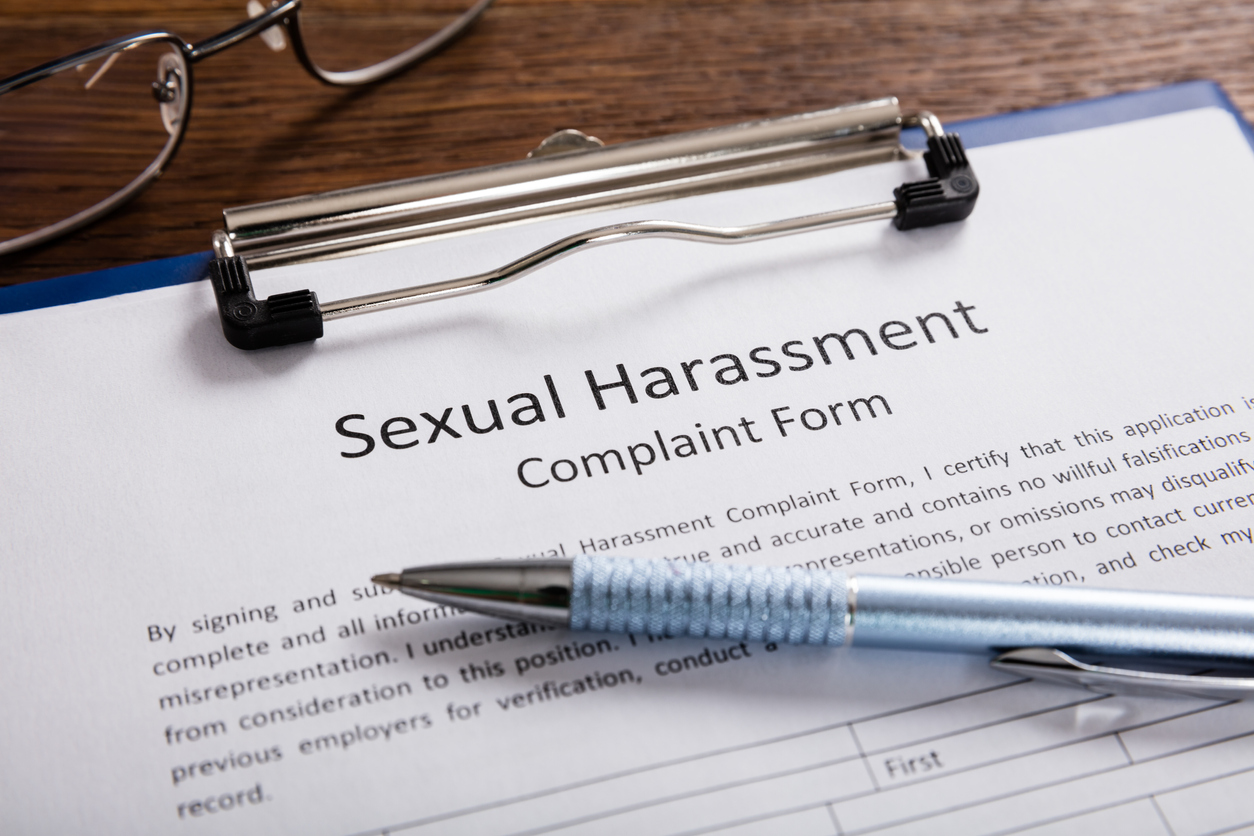
12 October, 2022
Following its commitment to implement the recommendations of Commissioner Kate Jenkins’ ,Respect@Work report, the Federal Government has introduced a bill aimed at addressing 55 of those recommendations. One of the proposals in the bill is to introduce a positive duty on employers to eliminate unlawful discrimination, such as sexual harassment, from the workplace.
This EMA Note explores what this positive duty will mean for employers and how they might go about meeting these obligations.
The Anti-Discrimination and Human Rights Legislation Amendment (Respect at Work) Bill 2022 (Cth) (“Respect at Work Bill”) proposes, amongst many other proposed changes, to introduce into the Sex Discrimination Act 1984 (Cth) a positive duty to take reasonable and proportionate measures to eliminate, as far as possible, certain discriminatory conduct. This discriminatory conduct includes sexual harassment (as well as other types of discriminatory conduct).
Under the Respect at Work Bill, the Australian Human Rights Commission’s functions will include the preparation and publication of guidelines to comply with this positive duty.
While Commissioner Jenkins’ report identified a lack of a positive duty expressly stated in the Sex Discrimination Act, it also acknowledged that this duty currently exists under model Workplace Health and Safety laws, which impose a broad duty on persons conducting a business or undertaking (such as employers) to identify workplace hazards, including psychological hazards, and eliminate (or mitigate) the risks created by those hazards so far as reasonably practicable. This existing duty extends to matters such as workplace bullying and discrimination so far as they create a risk to a person’s health and wellbeing.
Therefore, in practical terms, the new positive duty proposed in the Respect at Work Bill will be largely consistent with current workplace health and safety duties (for those states and territories who have adopted the same duty in their workplace health and safety legislation).
In consultation and submissions leading to Commissioner Jenkins’ report, it was revealed that one potential issue was a lack of clear regulations, codes of practice, or guidelines on eliminating or mitigating workplace sexual harassment. As a result, many workplaces tend to take a ‘reactive’ approach rather than a ‘proactive’ one.
Since the report, Safe Work Australia has published a helpful guide to help businesses identify and assess risks of sexual harassment and measures that can be taken to control those risks.
While the Respect at Work Bill is still, at the time of this EMA Note’s publication, in its first proposed form and therefore subject to change, we consider it highly likely that the positive duty and the Commission’s function to publish guidelines on that positive duty will be passed in the near future.
Given the current duties under model workplace health and safety laws, employers should already be taking all reasonably practicable steps to eliminate or minimise sexual harassment in the workplace. In the first instance, we recommend employers review their current practices and measures against Safe Work Australia’s guides and implement any additional practices where a deficiency or shortfall is identified.
Once legislation is passed, we then recommend employers keep an eye out for any additional guidance published by the Australian Human Rights Commission on meeting the positive duty and implementing any additional practices identified in that guidance.
EMA Consulting may be able to help with some of the measures an employer can take to meet its duties. This could include:
These measures with which we can assist represent only some of the control measures that an employer should consider and take to meet its obligations under model workplace health and safety laws, but will be a good step in the right direction to meeting those obligations.
This EMA Note is not comprehensive advice about your situation and does not cover all your obligations. If you require further information or advice, please contact your Consultant.
EMA Consulting is not a law firm and therefore does not provide legal advice or services. The information contained within this document and associated material is general in nature and should not be relied upon. If you require specific advice on a particular matter, we recommend that you contact EMA Consulting on 08 8203 1700. Subject to the matter at hand, your EMAC Consultant may recommend that you obtain formal legal advice. If formal legal advice is required, upon your written instruction EMAC will brief your matter to a legal practitioner for this purpose. The contents of this document and associated materials do not represent legal advice.